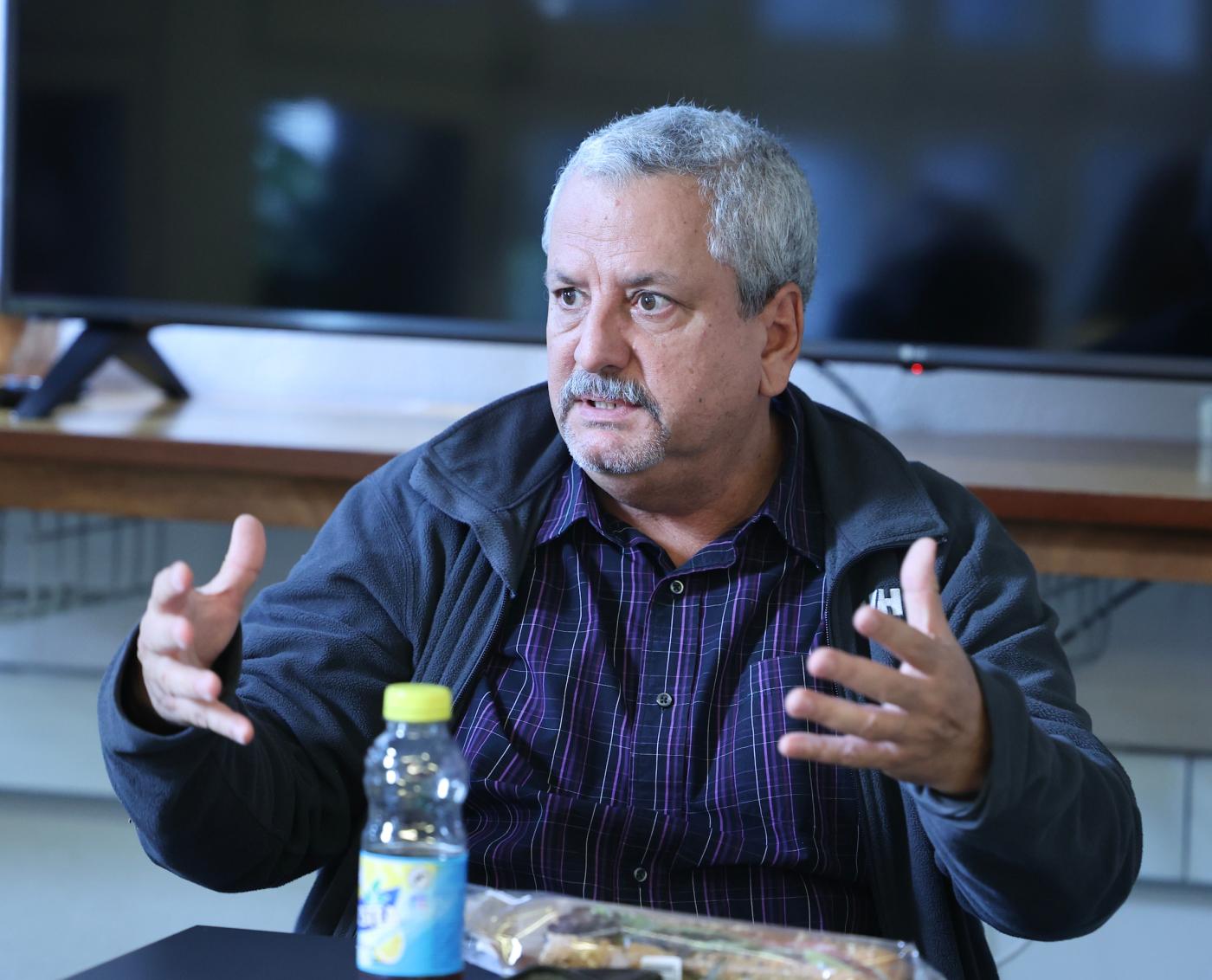The dialogue underscored the value of diverse knowledge forms and highlighted strong linkages between climate change adaptation, mitigation, ecosystem health, human well-being, and sustainable development.
On behalf of the churches, WCC programme executive for Economic and Ecological Justice, Athena Peralta, expressed gratitude and acknowledged the prophetic role of the IPCC. She characterised the Sixth Assessment Synthesis Report as a stark warning to humanity and a roadmap out of the climate crisis, offering hope amid scientific signs.
During his keynote speech, Pichs-Madruga warned about the risks of delaying climate action and emphasised the diminishing window of opportunity and the significant gap between scientific knowledge and decision-making. He also stressed the need for an equitable transition to a sustainable economy and highlighted the importance of directing financial resources and technology transfers to communities impacted by climate change.
Looking ahead to the next assessment cycle, Pichs-Madruga outlined challenges, including ensuring inclusivity by incorporating developing country perspectives, gender dimensions, and Indigenous knowledge. He underscored the ongoing challenge of effectively communicating science, making IPCC reports both scientifically and policy-relevant.
As part of the upcoming cycle, the IPCC will release a special report on climate change and cities, further demonstrating the commitment to addressing the urgent challenges posed by climate change on a global scale.
WCC general secretary on climate change report: “Equity is the path to sustainability”
